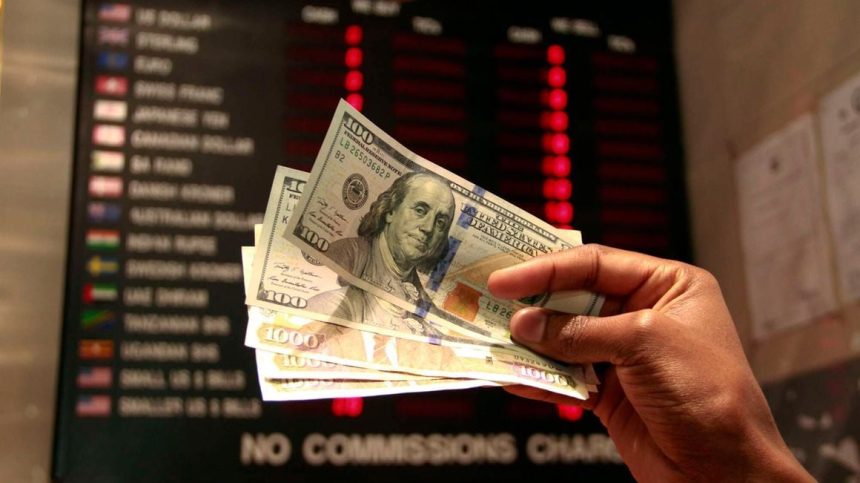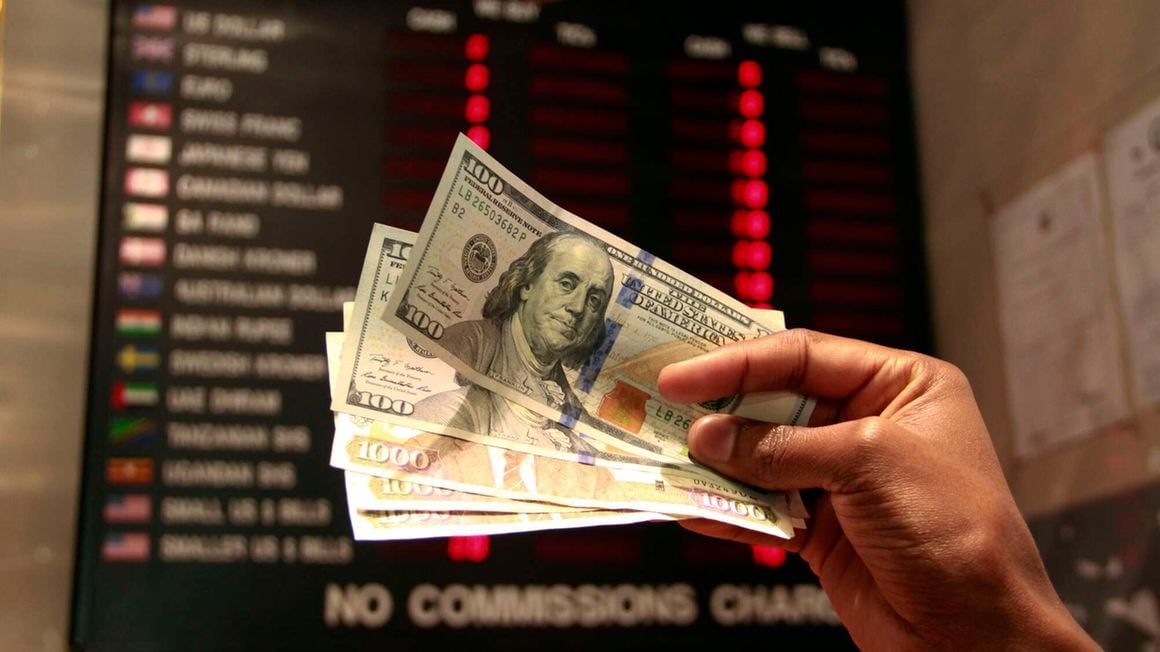The government is projecting the shilling could weaken further to 150.76 by the time it is repaying its debut Eurobond in June next year, signalling unabated pressure on the country’s exchange rate.
A new report by the Treasury projects the country will pay a total Sh301,513,774,986 for $2 billion international sovereign bond. This works out to an exchange rate of 150.76. The shilling, which has been hitting record lows every day and has since breached the 140-mark, was trading at an average of 140.2 against the dollar, according to data from the Central Bank of Kenya (CBK).
In March, the Treasury had put the redemption of the debut Eurobond at Sh241.75 billion, which works out to an exchange rate of Sh120.87. This is the exchange rate that Treasury Cabinet Secretary Njuguna Ndung’u gave in his budget speech on Thursday last week.
In 2014, Kenya went to the international capital market for the first time, raising a total of $2.75 billion. The bond was raised in two tranches of $2 billion and a tap sale of $750 million. Since then, the country has returned to the foreign capital market several times, pushing up the stock of the country’s international sovereign bond to Sh939.6 billion by the end of March.
President Ruto had said the shilling would strengthen following the introduction of the government-to-government arrangement for oil imports aimed at providing a longer-term supply plan of fuel and ease the monthly demand for the dollar in the country.
President Ruto noted that the arrangement would see oil marketers pay for fuel in the local currency, easing the monthly pressure on the demand for dollars which has been in short supply.
“And it will remove pressure on dollars. In fact, in the next one month or so, you will see…the exchange rate coming down in a very phenomenal way,” said Dr Ruto.
“In fact, in my estimation, in the next couple of months, the exchange rate will come below Sh120. May be Sh115, you never know,” added Dr Ruto.
Nonetheless the shilling has been on a free fall, shedding close to 13.5 percent of its value since the beginning of the year as the country continues to grapple with a dollar shortage that has been aggravated by the hike in interest rates by central banks in advanced economies.
Sunil Sanger, the managing director at Orion Advisory Services Limited, reckons that the government-to-government arrangement merely created a breathing space on the forex front by delaying the payment of imports.
“Unfortunately, not enough has /could be done to resolve FX inflow side of the equation. Until there is concrete action on that front, we will continue to see the weakening of the shilling,” said Mr Sanger.
Dr Kamau Thugge, the new CBK Governor, has said he will work closely with the Treasury the key concern being the maturity of the debut Eurobond in June 2024.
“The CBK and National Treasury will have to work closely together to ensure the bond is paid in time,” Dr Thugge told Business Daily.
“Accumulation of the necessary foreign exchange will be critical so that Kenya can pay for the bond should international capital market not allow for a re-issuance of a new bond for purposes of liability management.”
Foreign exchange reserves as at June 15 were at Sh1.046 billion ($7.459 billion), enough to cover the country’s import needs for 4.11 months. The rise in the stockpile of the country’s foreign currencies is due to a disbursement of Sh140.2 billion ($1 billion) disbursement from the World Bank to support fiscal consolidation.
Kenya also expects more inflows from the IMF next month as part of its 38-month programme with the global lender which is also aimed at supporting the country’s fiscal consolidation efforts. Fiscal consolidation is aimed at reducing spending and increasing revenue.
In his budget speech last week, the CS issued an expression of interest to bring onboard a lead manager to advise the government on liability management options towards the resolution of the Eurobond 2024.




